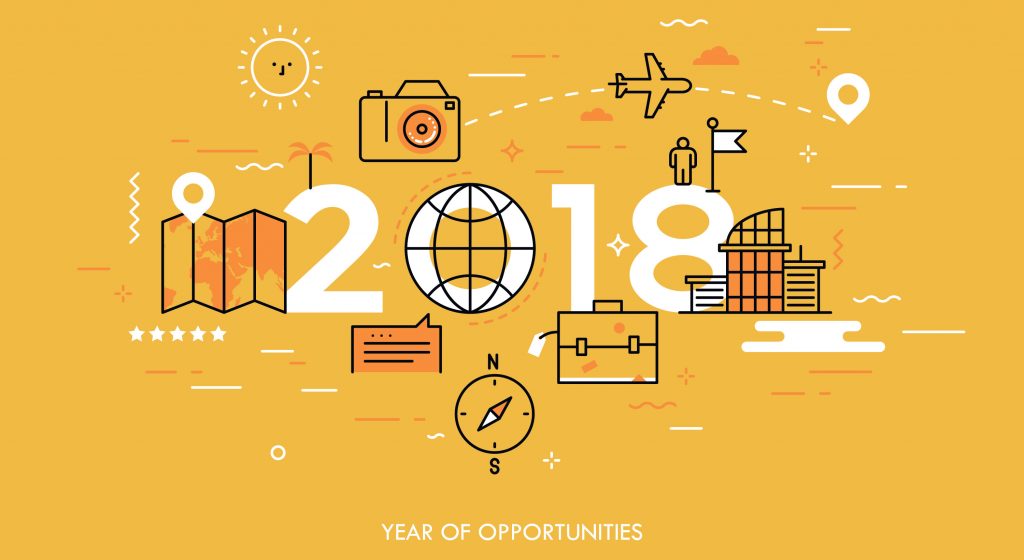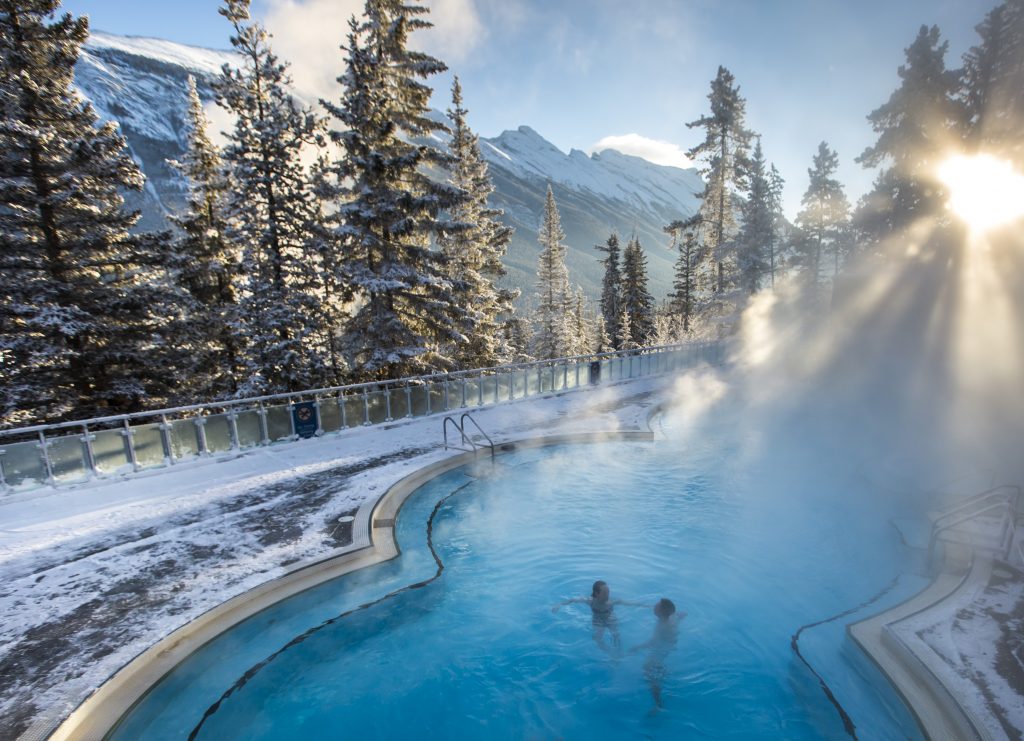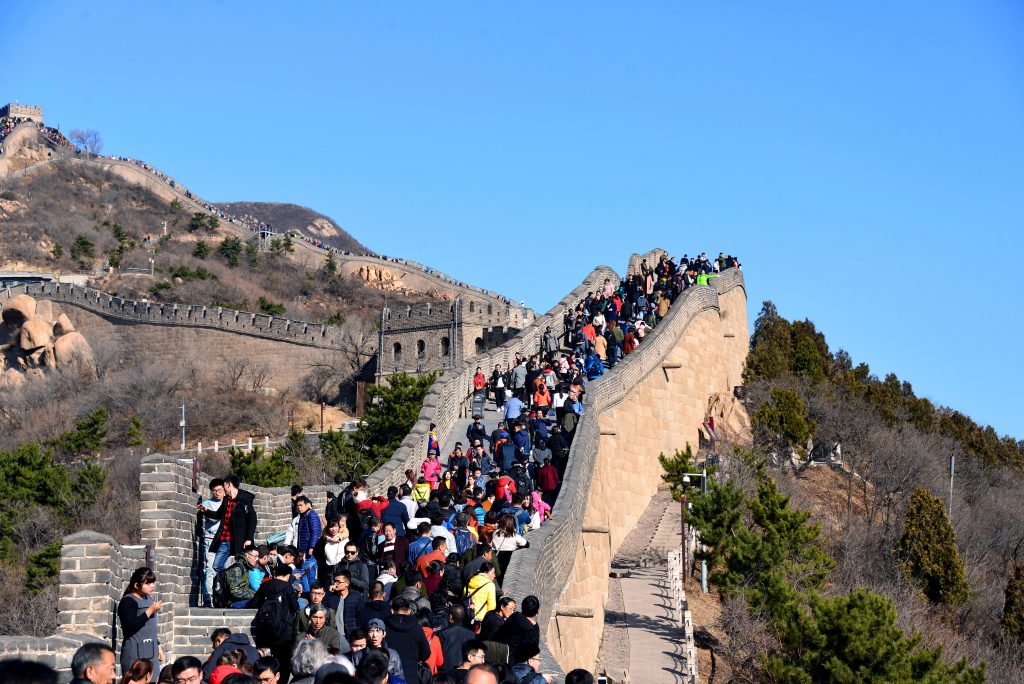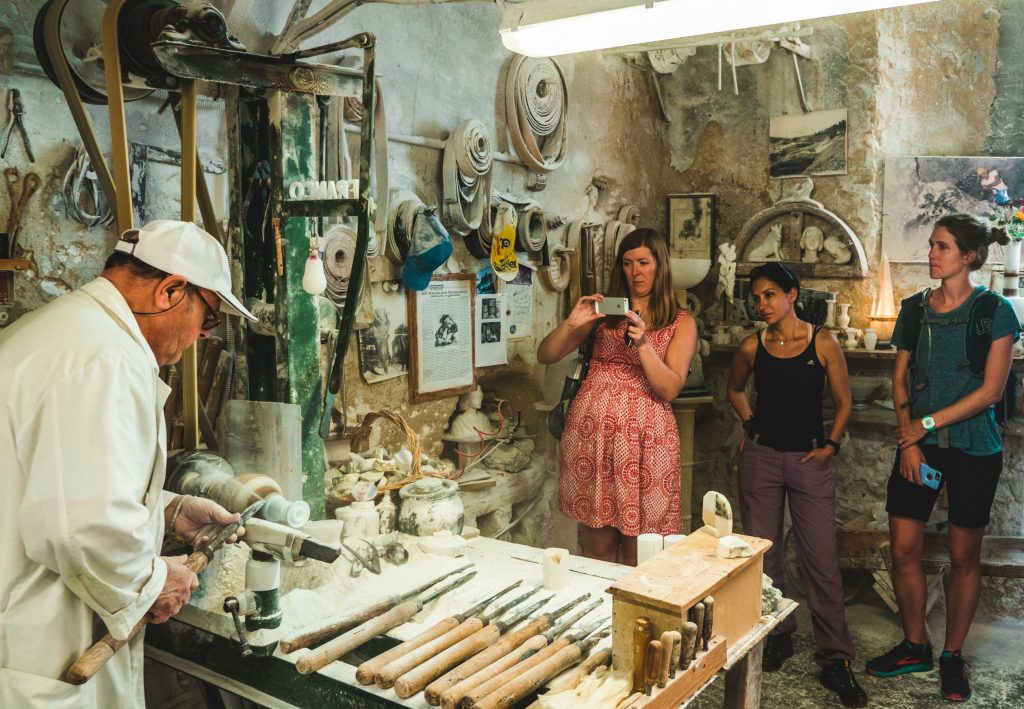If 2017 was an unpredictable and exciting year for adventure travel professionals, then hold on tight, because 2018 promises to be just as captivating. Leaders in the adventure travel continue to look for new product concepts and partners to help them stay at the forefront of the industry. Embracing this forward-thinking mindset, the Adventure Travel Trade Association’s (ATTA) 2018 AdventureELEVATE event (held 13-15 March in Banff, Alberta, Canada) will challenge delegates to push themselves professionally. The event’s theme, Empower Your Edge, encourages industry professionals to extend themselves, adapting to and incorporating the newest trends defining adventure travel.
“You have to keep an eye on where things are going and think about what that means for your product portfolio and business overall,” said Milena Nikolova, who will lead a Trendspotting Lab at AdventureELEVATE. “Many businesses and destinations focus on immediate day-to-day concerns, imagining the ‘future’ is something that can be dealt with later. But what many of us think is the future is actually already here.”

Here are several of the hot trends and topics we’re tracking.
Travel Product Development Trends
Wellness
People are increasingly using travel experiences as an opportunity to unplug, focus inward, and regain a sense of control among the chaos they encounter in their everyday lives. In fact, the ATTA’s 2017 research with Dr. Paige Viren and Outside magazine showed physical and mental health are key motivations for travelers when they seek out adventure travel.“We’re seeing more trips offered as restoration, wellness, recovery, and digital detox, which seek to offset the intensity of modern life,” Nikolova said.

Travel brands have recognized the act of traveling is stressful as well. To combat this, proactive companies are beginning to support customers with wellness services. For example, Air France partnered with Mind mobile app in June 2017, and guests can take advantage of free meditation sessions while flying. Additionally, hotel brand Swissotel recently launched a program encouraging guests to commit to wellness and healthy habits even when they are on the road.
Having a Positive Local Impact
The increased focus on wellness-related itineraries also links to travelers having a greater interest in managing their personal impact on the destinations they visit. “Part of the experience is not only learning about the new culture or visiting a new community but also helping in some way during the travel experience,” Nikolova said. This is also apparent in travelers’ interest in seeking out farmers’ markets and learning about food production, manufacturing, waste, and impact.
Even while travelers become more interested in having positive and authentic interactions with local communities, research indicates that communities near U.S. national parks may suffer in the coming months. According to University of Montana researchers, the proposal to double the entrance fee at national parks could reduce the number of people who visit, thus adversely affecting surrounding communities that financially benefit from park visitors.
Virtual Reality and Other Augmented Experiences
Sophisticated technological devices have entered our homes, cars, media experiences, and games, so perhaps it is no surprise that travel is a logical next stop for virtual reality and other new technological experiences. Some travel brands are already experimenting with these technologies, such as Discovery Communications, which is launching a 38-episode project to take viewers to all seven continents using VR headsets. Simulated travel experiences like this are an additional way to share a destination or experience with prospective travelers in the marketing process.
Beyond the marketing opportunities, however, virtual and augmented reality experiences could be used to complement and enhance on-the-ground travel with behind-the-scenes “tours” of extinct, damaged, or other unreachable sites. It remains to be seen, however, if travelers will adopt these technological advances as enhancements to existing trips or an alternative to traveling altogether.
Global Issues Shaping the Industry
Overtourism
While those in the tourism and hospitality sectors work tirelessly to encourage people to travel, a number of destinations around the world are straining to support all those eager travelers. In some cities, local residents are protesting the influx of foreign (and even domestic) visitors who have crowded the streets and exacerbated neighborhood gentrification. And visitors to environmentally sensitive areas are in danger of destroying the very natural landscapes they want to see and experience.

Taking a cue from destinations such as the Galapagos, which has strict visitation guidelines, representatives for some particularly popular places, such as Machu Picchu and Norway, encourage visitors to experience popular destinations in new ways, at different times of the year, or with more restrictions. Social media and the peer-to-peer economy have greatly attributed to explosive growth in many places, and additional destinations will likely follow suit with creative visitor management solutions in the coming year. “This is an issue that needs to be tackled because we live in an era when the time between initial development and overtourism is significantly shortened,” Nikolova said. “Discussions about managing overtourism need to be part of the early discussions when promoting tourism.”
Clashes with the Extractive Industry
The tension between exploiting and protecting natural landscapes and resources is not new. However, a new emphasis is being placed on the issue, particularly in the United States, where the size of Bears Ears and Grand Staircase-Escalante National Monuments were slashed significantly, making the land fair game for mining, hunting, ranching, harvesting, and development.
These are not the only natural areas that could change significantly in the year to come. Public land near Yellowstone National Park is under consideration for gold mining, which opponents say threatens to degrade waterways and destroy the natural beauty north of the national park. This ongoing contentious issue promises to be a hotly debated topic as industry professionals seek to share natural landscapes with their clients.
The Evolving Traveler Mindset
Travel Anxieties
People travel to escape stress, but in the age of what Skift has termed the “state of permanxiety,” this escape is both more needed than ever and increasingly difficult to grasp. Globally, there are an increasing number of overwhelming issues with which people grapple — such as racial tension, terrorism, nationalism, and climate change — that manifest themselves in the travel space.
From Americans interested in visiting Cuba to foreigners trying to make sense of guidelines related to entering the United States, new and changing government-issued bans and regulations make it difficult for people to commit to travel plans. Additionally, there is a sense of uncertainty related to terrorism and local nationalistic strife as well as the fact that climate change will continue to wreak unexpected havoc in the form of natural disasters like hurricanes and earthquakes. Add in the fact that this sense of anxiety is exacerbated through social media, and some potential travelers might choose to stay home altogether.
Professionals in the travel industry find themselves working in the midst of these complex global issues and must emphasize flexibility, creativity, and responsiveness in addressing travelers’ fears and concerns in the coming months and years.
Unique Demands
Travelers are no longer content to do the same thing as everyone else. The focus on the self combined with a desire and expectation to spend hard-earned money and precious vacation time has resulted in an ever-increasing array of personalized experiences. There is no one-size-fits-all travel model anymore, and, in fact, more tour operators are working with customers to create highly customized itineraries.

This has, in turn, resulted in a status-seeking mindset whereby travelers aim to experience something very few others have. “A lot of adventure travelers are exceptionally well-traveled, and when they go to new places, they have a very advanced understanding of what they want and what will be a true adventure,” Nikolova said. “This inclination to customize and do things that not many others are doing absolutely relates to this status-seeking trend.”
The proliferation of technology has also created an expectation that customer support will be available when and where travelers need and want them — whether they are baby boomers who want to hop on the phone with a call center or millennials who would prefer to send a direct message on Twitter.
Don’t be left behind! Dig into some of these topics and more during the Trendspotting Lab at AdventureELEVATE. Register today to reserve your spot at this year’s event.
For more comprehensive information about these trends, stay tuned for the ATTA’s 2018 Adventure Trends Report. Subscribe to be alerted when the research is published in February 2018.
